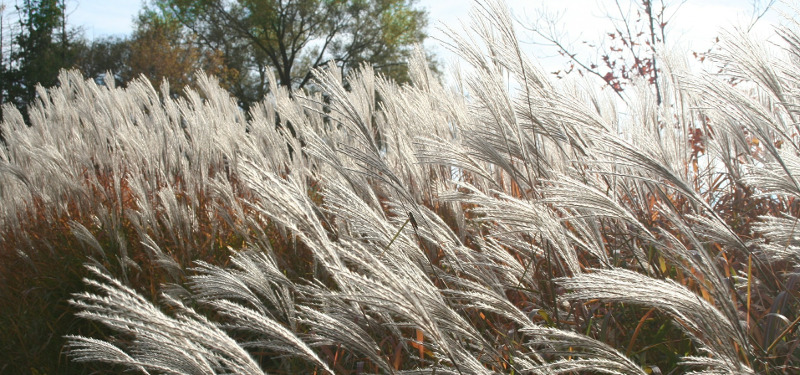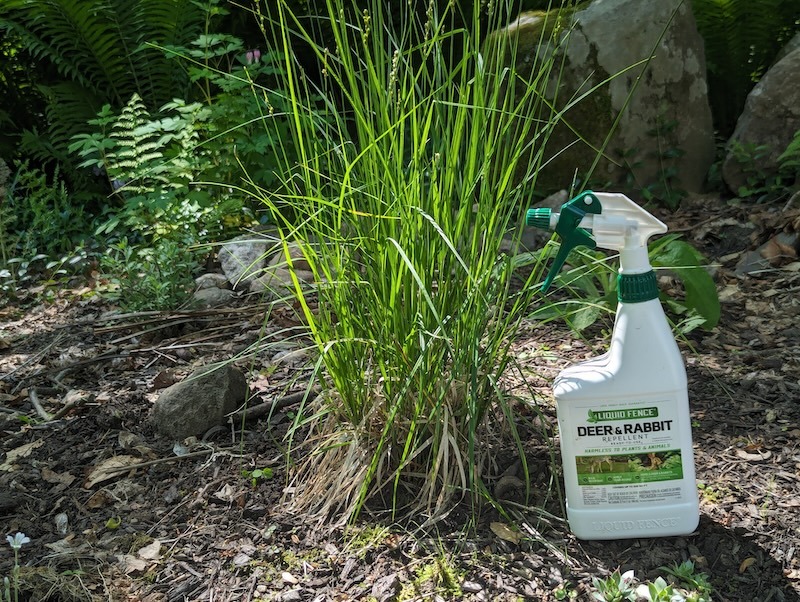Most ornamental grasses are deer resistant and make a wonderful option for landscapes near deer habitats. Deer-resistant grasses have a coarse texture and unappealing smell and taste that deer tend to avoid. Some grasses are more deer-proof than others and are quick to recover if browsing does occur. Read on to learn which grasses are most deer resistant.
Popular Deer-Resistant Ornamental Grasses
According to Rutgers University, several popular ornamental grasses are rarely damaged by deer, including blue fescue, fountain grass, maiden grass, Japanese forest grass, and switch grass. Deer might try to eat a few other plants considered ornamental grasses including bamboo and dwarf mondo grass, but these seldomly sustain severe damage. In general, true grasses are safe against deer browsing.
| Rarely Damaged | Seldom Severely Damaged |
|---|---|
| Big bluestem | Bamboo |
| Blue fescue | Bottlebrush grass |
| Blue oat grass | Drooping sedge |
| Fountain grass | Dwarf mondo grass |
| Miscanthus | Ribbon grass |
| Indian grass | Lakeshore bullrush |
| Japanese blood grass | |
| Japanese forest grass | |
| Japanese sedge | |
| Little bluestem | |
| Lyme grass | |
| Northern sea oats | |
| Pampus Grass | |
| Centro comercial Moctezuma |
Rabbits might munch on grasses, but tend to avoid older and tougher blades, so they seldom damage the plants. Ground dwellers like moles or gophers might eat a new ornamental grass from below, but this is not a common occurrence. A few grasses are toxic to cattle and pets, so anyone concerned about toxicity should research the grass to be sure.
Keeping Deer Away From Ornamental Grass
Deer rarely eat ornamental grasses, but their choices are unpredictable. Protect newly planted grasses with a small fence made from chicken wire or a similar material so deer cannot reach the blades, but sun and water can. If concerned, you can spray the foliage with Deer Out or a similar repellant.

Will Ornamental Grass Plants Come Back After Deer Eat Them?
Deer seldom damage ornamental grasses when browsing. If they chew some blades, gardeners can prune the plant to tidy the appearance or let the plant recover on its own. If a deer pulls a grass up, it might recover. This depends on the age of the plant and the season or weather conditions when the damage occurs.
Sources: Rutgers New Jersey Agricultural Experiment Station ‘Landscape Plants Rated by Deer Resistance’ 2018
 |
Author Teresa Odle - Published 11-14-2020 |
